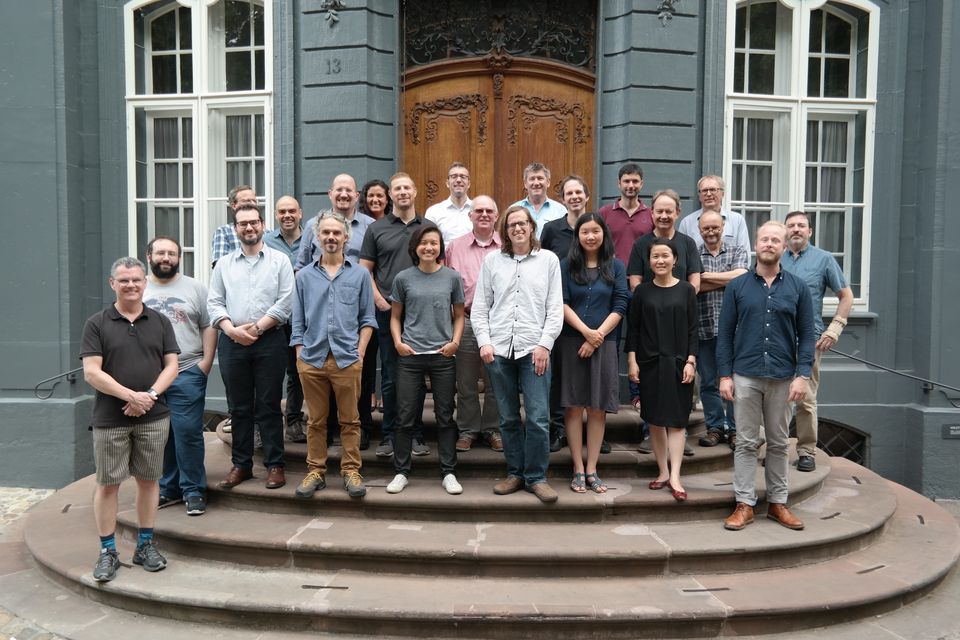The Aging Lexicon
Symposium on the Aging Lexicon
Theory, Models, and Measurement of the Life Span Development of the Mental Lexicon
“(...) we make search in our memory for a forgotten idea, just as we rummage our house for a lost object. In both cases we visit what seems to us the probable neighborhood of that which we miss. We turn over the things under which, or within which, or alongside of which, it may possibly be; and if it lies near them, it soon comes to view. But these matters, in the case of a mental object sought, are nothing but its associates.”
William James, 1890, in The Principles of Psychology
Background and Goals
Understanding the mental lexicon and its development requires a good grasp of memory, language, and cognitive search processes. Recent years have seen considerable advances in each of these areas including a boon of new models and data. Yet, knowledge from these fields has not been fully integrated to understand the structure of the mental lexicon and how this changes across the life span.
The Symposium on the Aging Lexicon took place in Basel, June 7-9, 2018, and gathered experts in Psychology, Linguistics, Neuroscience, and related fields to discuss open issues with the goal of building bridges between the various perspectives, fostering research on the lifespan development of the mental lexicon, and accelerating future progress in this area. A list of organisers and participants can be found below.
The participants have initiated the compilation of resources found on this webpage that are potentially useful to researchers interested in the life span development of lexical and semantic knowledge.

Published outcome
Learn more about the proceedings of the symposium from our joint publication:
Participants
Joseph Austerweil, University of Wisconsin-Madison, USA
Harald Baayen, University of Tübingen, Germany
David Balota, Washington University in St. Louis, USA
Andrea Baronchelli, City University of London, UK
Marc Brysbaert, Ghent University, Belgium
Qing Cai, East China Normal University, China
Simon De Deyne, University of Melbourne, Australia
Simon Dennis, University of Melbourne, Australia
Thomas Hills, University of Warwick, UK
Michael Jones, Indiana University, USA
Yoed Kenett, University of Pennsylvania, USA
Emmanuel Keuleers, Ghent University, Belgium
Marco Marelli, University of Milan, Italy
Rui Mata, University of Basel, Switzerland
Serguei V. S. Pakhomov, University of Minnesota, USA
Michael Ramscar, University of Tübingen, Germany
Lael Schooler, Syracuse University, USA
Yee Lee Shing, Goethe University Frankfurt, Germany
Alessandra da Souza de CarvalhoUniversity of Zürich, Switzerland
Cynthia Siew, University of Warwick, UK
Gert Storms, KU Leuven, Belgium
João Veríssimo, University of Potsdam, Germany
Dirk U. Wulff, University of Basel, Switzerland